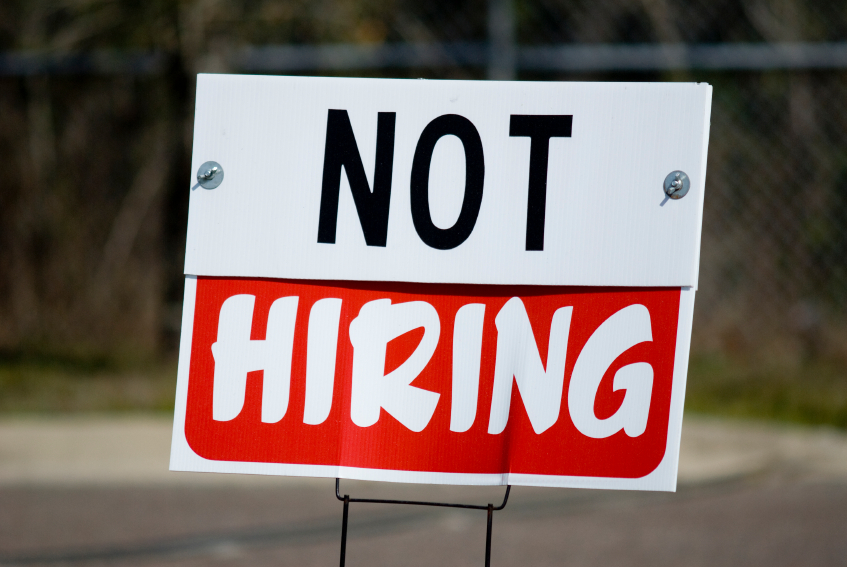More high-income Americans are shopping at discount stores due to unrelenting inflation
08/03/2022 / By Arsenio Toledo

The inflation crisis gripping the United States has become so devastating that even Americans in higher income brackets are heading to discount stores to save on groceries.
According to the Consumer Price Index of the Bureau of Labor Statistics (BLS), the index figures for June gauging how much eating at home costs has risen by 12.2 percent in the past year. The overall food index has increased by one percent, bringing the food at home index’s total increase to 10.4 percent for the past 12 months.
This represents the largest 12-month increase in the cost of eating at home since Feb. 1981. These figures are also higher than the overall inflation rate, which stood at 9.1 percent in June. (Related: Record number of Americans having difficulties covering household expenses as inflation crisis continues.)
According to a survey by consumer and market research company Numerator, inflation is changing the shopping habits of Americans. Dollar stores and other kinds of discount stores are seeing more high-income shoppers – described as people with a yearly income of $80,000 or more. In line with the influx, the survey found that dollar store sales are up by about 14 percent.
“As the cost of everyday goods continues to rise, consumers are shopping around to find value,” said Numerator CEO Eric Belcher in a press release. “Many of these shifts, including high-income households trading down to dollar stores, are unexpected.”
In a similar analysis, Business Insider reported that discount grocery chain Aldi is seeing “significant spikes” in traffic. In May, the chain received an additional 2.5 million new customers, with the greatest increases in customer traffic coming from middle- and high-income households.
Most high-earning Americans “very concerned” about inflation
In a survey from CNBC, 96 percent of high earners in America are concerned about inflation, including 65 percent who are “very concerned.” This survey was conducted by polling company Morning Consult. It surveyed 1,000 U.S. adults with a yearly income of at least $100,000.
Thirty-four percent of survey respondents said they are worse off financially this year than a year ago. Forty-six percent said they have had to cut household spending due to inflation. Another 38 percent said they plan to cut spending if inflation gets even worse.
Of those who had to cut spending due to inflation, 77 percent cut down on restaurant spending, 69 percent on entertainment, 63 percent on travel and vacation, 55 percent on big household purchases and 45 percent have held off on buying a new car due to inflation. Forty-one percent is curbing spending on media subscriptions, 32 percent are ending or purchasing cheaper gym memberships, 23 percent are cutting back on grocery spending and 20 percent are reducing non-emergency medical spending.
“It’s definitely a wake-up call,” said financial planner Shelly-Ann Eweka, a senior director at insurance company TIAA. “They fear what it’s going to do for them in their future and how are we going to be able to manage our lifestyles if this is what costs are right now.”
The BLS data showed that five of the six major grocery store food group indexes rose in June. The index for cereals and bakery products increased by 2.1 percent. The index for flour rose to 5.3 percent. Dairy and other related products got 1.7 percent more expensive and the index for fruits and vegetables increased by 0.7 percent.
The only major grocery group index to decline in June was the index for meat, poultry, fish and eggs, which fell by 0.4 percent, which isn’t really much of a decrease.
Learn more about the effects of inflation on Americans at Inflation.news.
Watch this episode of the “Health Ranger Report” as Mike Adams, the Health Ranger, discusses the consequences of more Americans shifting food shopping to dollar stores.
This video is from the Health Ranger Report channel on Brighteon.com.
More related stories:
American workers have lost $3,400 in yearly income due to unrelenting inflation.
US unemployment claims rise to highest level in eight months.
US household wealth drops for first time since Q1 2020.
Nearly two-thirds of Americans are now living paycheck to paycheck amid inflation crisis.
Worker productivity under Biden experienced a 7.5% drop, its biggest decline since 1947.
Sources include:
Submit a correction >>
Tagged Under:
bubble, consumer habits, debt bomb, debt collapse, discount stores, dollar stores, economic collapse, economic crisis, economy, high income Americans, inflation, market crash, money supply, risk, shopping habits
This article may contain statements that reflect the opinion of the author
RECENT NEWS & ARTICLES
COPYRIGHT © 2020 canceldemocrats.news
All content posted on this site is protected under Free Speech. canceldemocrats.news is not responsible for content written by contributing authors. The information on this site is provided for educational and entertainment purposes only. It is not intended as a substitute for professional advice of any kind. canceldemocrats.news assumes no responsibility for the use or misuse of this material. All trademarks, registered trademarks and service marks mentioned on this site are the property of their respective owners.





















